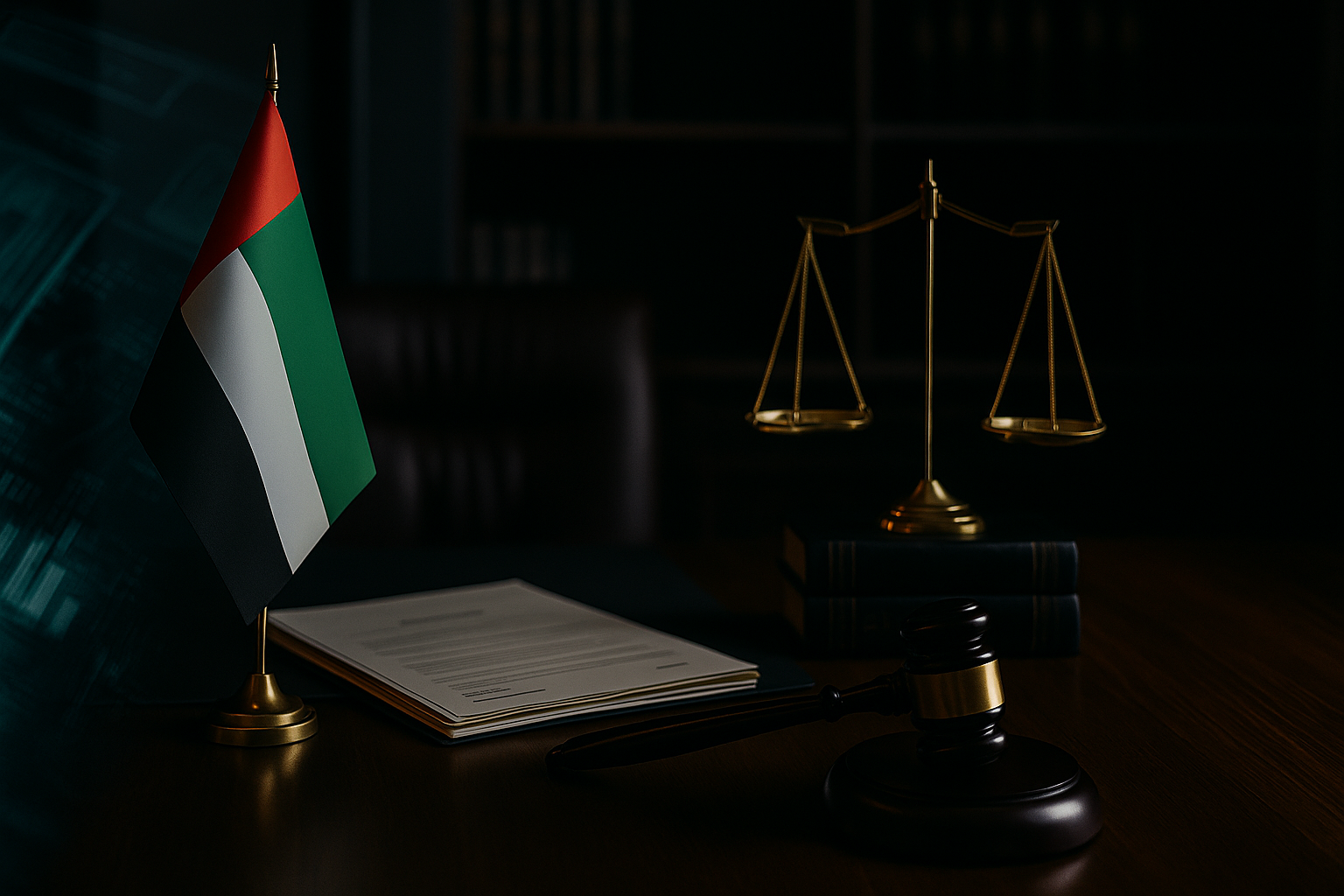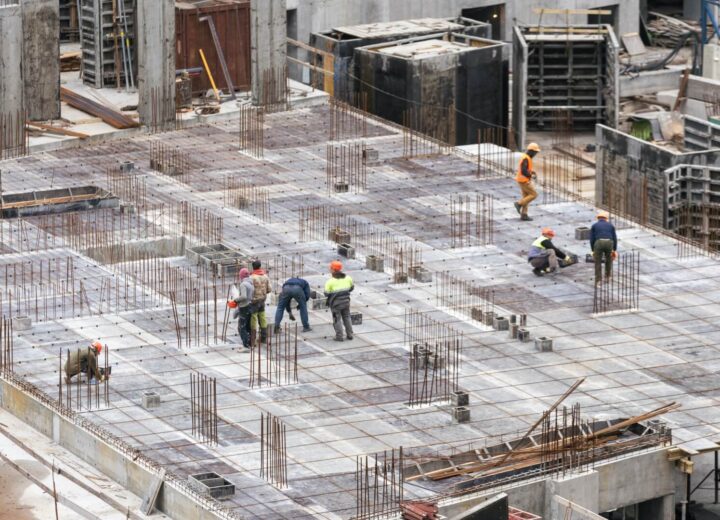With the real estate market booming in Abu Dhabi and the rising number of landlords and tenants, rental disputes have become one of the most common legal issues among individuals and businesses.
Whether you are a landlord or a tenant, understanding your legal rights and responsibilities is essential to avoid disputes or handle them effectively when they arise.
What is the Rental Disputes Settlement Committee?
This is a specialized judicial body under the Department of Municipalities and Transport in Abu Dhabi, dedicated to resolving rental disputes between landlords and tenants.
The committee is known for its speed, simplified procedures, and lower costs compared to traditional courts, making it the preferred option for such matters.
Common Types of Rental Disputes:
Delay or failure in rent payment by the tenant
Landlord refusing to return the security deposit
Request for early eviction before contract expiry
Unlawful rent increases
Disagreements over maintenance responsibilities
Unilateral termination of the lease without legal justification
Legal Rights of Both Parties:
Tenant:
Right to peaceful enjoyment of the property throughout the lease term
Protection from eviction without a valid legal reason and prior notice
Right to reject unauthorized rent increases
Entitlement to the return of the security deposit (unless damage is proven)
Landlord:
Right to request eviction upon contract expiry under legal conditions
Right to collect rent on time
Authority to deny property modifications without approval
Right to file a claim in case of contract violations
How Can Sharina Al Dhaheri Law Firm Help You?
We offer tailored and comprehensive legal services in rental matters, including:
Representing you before the Rental Disputes Settlement Committee
Drafting and reviewing lease agreements in line with local regulations
Providing preventive legal advice to avoid future disputes
Negotiating and resolving issues amicably before taking legal action
Why Choose Us?
At Sharina Al Dhaheri Law Firm, we believe that legal prevention is better than prolonged litigation.
We stand by your side every step of the way to protect your interests and secure your legal rights—whether you’re a landlord or a tenant.
FAQ: Rental Disputes: Your Rights and Obligations
What are the most common types of rental disputes in the UAE?
Common disputes include late rent payments, early contract termination, unjustified rent increases, property damage, and refusal by either party to fulfill contractual obligations.
How can rental disputes between landlord and tenant be resolved?
It is recommended to try amicable settlement first. If unresolved, either party may file a complaint with the Rental Dispute Settlement Committee in the relevant emirate.
What are the rights of landlords and tenants under UAE tenancy law?
Landlords have the right to receive rent on time and maintain the property, while tenants have the right to use the property, protection from arbitrary eviction, and rent increases only as permitted by law.
Can the landlord increase rent during the contract period?
Rent cannot be increased during the contract period unless stipulated in the contract or as per local regulations after the contract expires.
What are the legal procedures if one party breaches the contract?
The affected party can file a complaint with the Rental Dispute Settlement Committee, which will review the dispute and issue a binding decision.
How can a tenancy contract be terminated before its expiry?
Review the contract terms; early termination usually requires written notice, mutual agreement, or a legally acceptable reason.
Is the tenant entitled to a refund of the security deposit after the contract ends?
Yes, the tenant is entitled to a refund of the security deposit minus any costs for proven property damages.
What documents are required to file a rental dispute?
Typically required documents include the tenancy contract, payment receipts, identification, and any correspondence or evidence related to the dispute.






